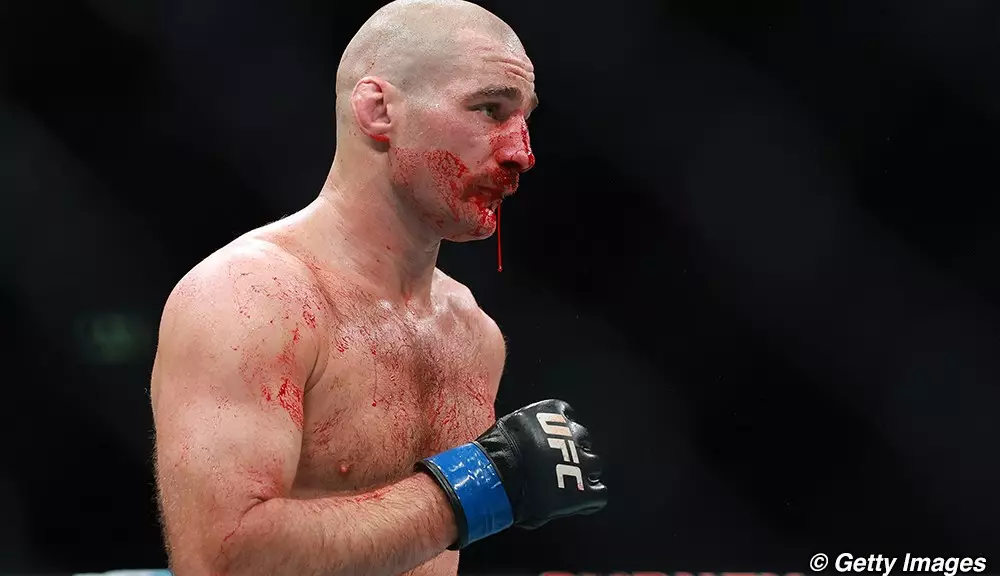T.J. Dillashaw recently expressed his strong belief that Luke Rockhold possesses the skills necessary to defeat Sean Strickland, especially following Strickland’s underwhelming performance against Dricus Du Plessis at UFC 312. Strickland, with a record of 29 wins and 7 losses, faced a challenging test in the octagon, losing a unanimous decision that raised questions about his fighting strategy and mindset. As Dillashaw analyzed the bout, he was particularly critical of Strickland’s apparent lack of aggression and tactical execution, believing that against a fighter like Rockhold, that could be a fatal flaw.
Dillashaw’s comments on Strickland’s performance highlight a deeper narrative within MMA: the importance of adaptability and fearlessness in the cage. Dillashaw noted that Strickland, generally known as a volume striker, fell into a hesitant rhythm, opting for single strikes rather than the compelling combinations that typically characterize his fights. This robotic approach, as described by Dillashaw, raises concerns about Strickland’s ability to evolve his fighting style when faced with formidable opponents.
Rockhold, who has publicly criticized Strickland, brings a history of high-level competition to the table. Despite having stepped away from the octagon and currently pursuing a rematch with Chris Weidman under the GFL banner, Rockhold has not shied away from expressing his desire to indeed face Strickland. The back-and-forth between the two fighters creates a fascinating subplot in the ever-evolving narrative of the UFC, highlighting the personal rivalries that often accompany professional bouts.
Despite Rockhold’s eagerness for a match-up against Strickland, the landscape of the UFC is complex. With Rockhold now outside the UFC, the likelihood of this dream fight happening appears slim. The previous scheduling of their fight at UFC 268, which was scrapped due to Rockhold’s injury, serves as a reminder of how unpredictable the sport can be. Fighters must navigate not only their physical preparedness but also the managers and promoters that dictate when and where bouts take place.
Dillashaw’s analysis of the match-up provides insights into what fans might expect should this fight ever come to fruition. Rockhold, a former middleweight champion, has proven himself in the ring and possesses the capacity to capitalize on an opponent’s weaknesses. As seen in Dillashaw’s analysis, the combination of Rockhold’s striking ability and experience may pose significant challenges for Strickland, particularly if he cannot shake off his recent performance anxieties.
While the clash between Rockhold and Strickland remains a hypothetical scenario for now, it encapsulates the drama and unpredictability of the MMA world. Dillashaw’s assertion sheds light on the intricate dynamics of competition, mind games, and the ever-present desire for redemption among fighters. As fans and analysts alike speculate on what the future holds, the landscape of UFC remains as thrilling and uncertain as ever, keeping the community on the edge of their seats.

